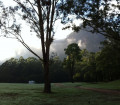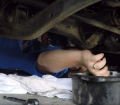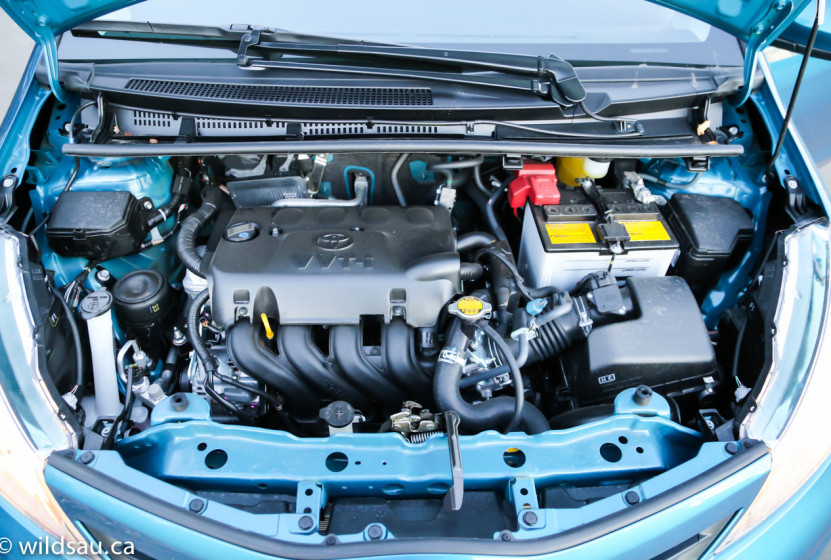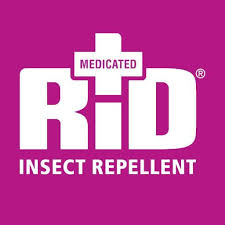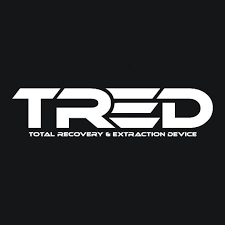“For the sake of 5 mins, this could save you thousands o
f dollars and/or your life!”
I have been in the transport industry for the past 10 years, in almost every company that I have worked for, it always involves a pre-start check of some description. Other trades call it different things, but they are all designed to do one thing. To make you stop and think!
A pre-start check is a list of things to check on your vehicle before you get in and turn the key and drive off. If you were to get into the habit of checking things before you drove away, you could potentially save your live and/or someone else’s.
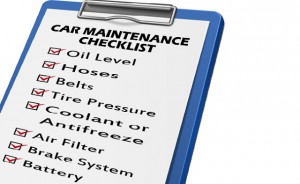
So for me, my day starts with the following checks, before I put the key in the ignition.
- Visual inspection of the vehicle, eg damage to panels, lights, wipers, mirrors, wheels, tyres etc. Do a walk around the vehicle and check all of these things.
- Check each tyre for damage and inflation. I generally hit the tyres with a bar (or kick them) to check for inflation. While you’re there, have a good look at the tread to make sure there is no uneven wear or bald spots. Nothing protruding from the tyres e.g. punctures.
- Have a quick look at the wheels, to make sure that the wheel nuts are present and secure.
- Next check under the vehicle to make sure that there is no leaks or fluids that have drained out of the vehicle.
- Open the bonnet of the vehicle and visually inspect the engine bay. Check the tension of the belts, make sure that there is enough brake/clutch fluid. Check your owne
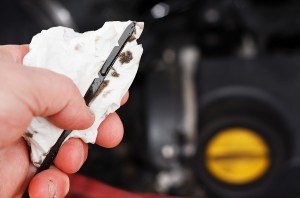 r’s manual to find what you need to check and where it is located. Eg Oil dipstick.
r’s manual to find what you need to check and where it is located. Eg Oil dipstick. - Check the oil, coolant, windscreen fluid to make sure that they are full.
- Check the air filter to make sure that it is clean or does not need to be replaced. If you have just spent the day at the back of a convoy or cars on a dirt road, it will definitely need to be checked and/or replaced.
Start the vehicle
- When in the vehicle, turn the key and check for any odd lights or warning buzzers. Start the vehicle and again check to make sure everything is as normal.
Post-start checks
- Check brakes, clutch and lights before you leave.
- As you take off listen for any odd noises and check to make sure that everything is in order.
- If you’re towing, you need to do similar checks to the caravan or trailer to make sure that is in order too.
End of the day checks
I generally walk around the vehicle again at the end of the day and check tyres, fluids and
do a good visual inspection of the vehicle.
Getting to know your vehicle is essential, make sure you have enough tools to do basic maintenance on your vehicle in case of a breakdown. When travelling, you may not always be in mobile phone service and/or radio reception. So if you can fix a broken fan belt or change a flat tyre yourself, you are much better off!
Better yet, if you do regular checks on your vehicle, your chance of breakdowns decreases dramatically!

